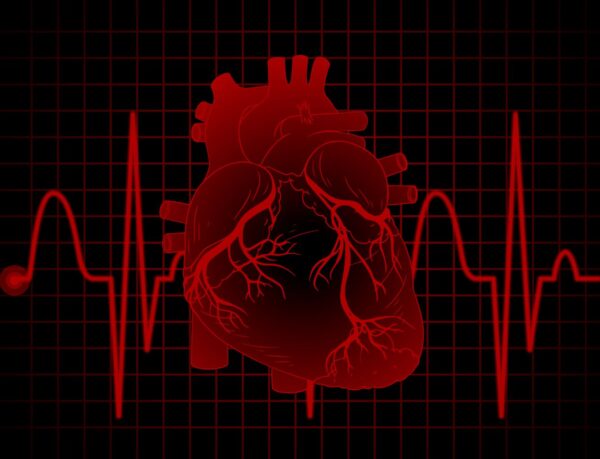Cardiologist
A Cardiologist is a specialized medical doctor who focuses on the diagnosis, treatment, and prevention of diseases and disorders related to the cardiovascular system, which includes the heart and blood vessels. Here is an in-depth overview of the role and responsibilities of Cardiologists:
Education and Training
Cardiologists undergo extensive education and training, including completion of medical school, a residency in internal medicine, and a fellowship in cardiology. This specialized training equips them with the knowledge and skills needed to manage a wide range of cardiovascular conditions.
Diagnostic Expertise
Cardiologists are experts in diagnosing cardiovascular diseases. They use a variety of diagnostic tools, including electrocardiograms (ECGs or EKGs), echocardiograms, stress tests, and imaging studies, to assess the structure and function of the heart.
Treatment Planning
Once a cardiovascular condition is diagnosed, Cardiologists develop comprehensive treatment plans tailored to the individual needs of their patients. Treatment may involve lifestyle modifications, medication management, or interventional procedures such as angioplasty or stent placement.

Interventional Procedures
Some Cardiologists specialize in interventional cardiology, which involves performing procedures to treat or manage cardiovascular conditions. This may include catheter-based interventions, coronary angiography, and other minimally invasive techniques to address blockages or abnormalities in the blood vessels.
Management of Chronic Conditions
Cardiologists often work with patients who have chronic conditions such as hypertension, heart failure, or coronary artery disease. They monitor and manage these conditions over the long term, adjusting treatment plans as needed to optimize cardiovascular health.
Preventive Care
In addition to treating existing conditions, Cardiologists play a crucial role in preventive care. They educate patients on lifestyle changes, risk factor modification, and early detection of cardiovascular issues to prevent the development of heart disease.
Collaboration with Other Specialists
Cardiologists often collaborate with other medical specialists, such as cardiac surgeons, radiologists, and primary care physicians, to provide comprehensive care for patients with complex cardiovascular issues.
Emergency Care
Cardiologists are frequently involved in the emergency care of patients experiencing acute cardiovascular events, such as heart attacks. Rapid and accurate diagnosis, followed by timely intervention, is critical in these situations.
Research and Innovation
Many Cardiologists engage in research to advance the understanding of cardiovascular diseases and explore innovative treatment options. This commitment to ongoing learning contributes to the evolution of cardiovascular care.
Patient Education
Effective communication is vital, and Cardiologists spend time educating patients about their conditions, treatment options, and lifestyle choices that can positively impact heart health.
In summary, Cardiologists are highly specialized physicians dedicated to the health of the cardiovascular system. Their expertise encompasses diagnostics, treatment planning, interventional procedures, and long-term management of cardiovascular conditions, contributing significantly to the well-being of individuals and communities.

